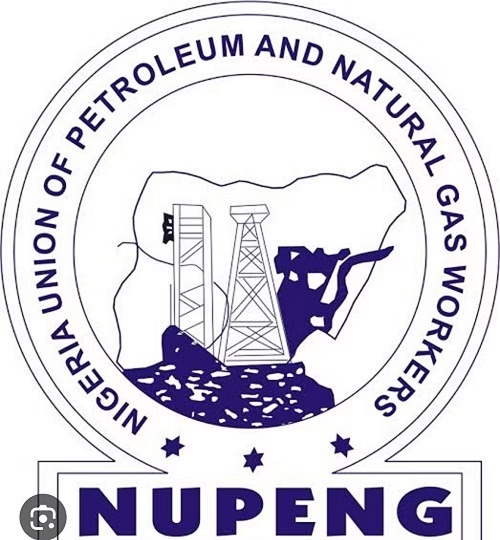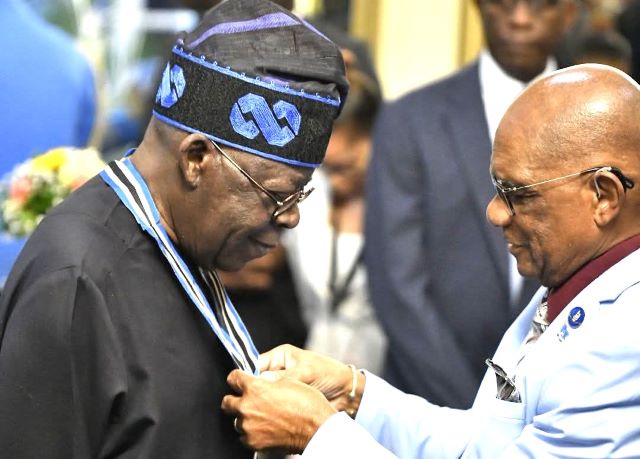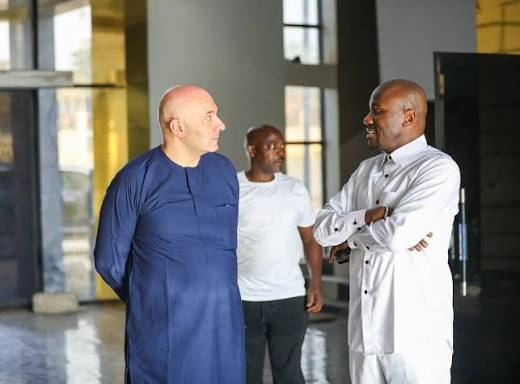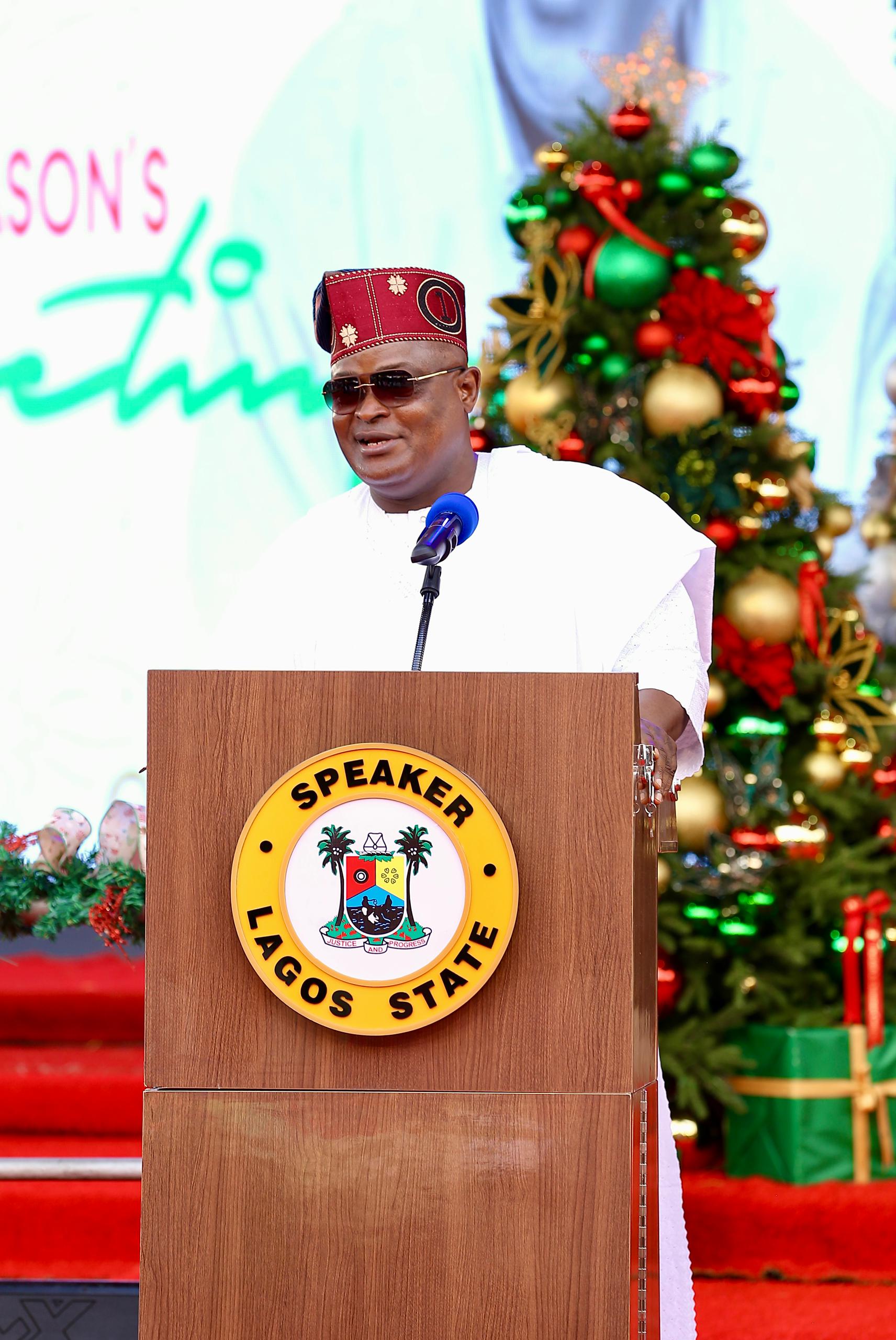NUPENG leadership crisis sparks backlash as tanker drivers demand resignations over misconduct, threatening industry credibility and stability
Mounting calls for the immediate resignation of NUPENG President Comrade Williams Akporeha and General Secretary Afolabi Olawale have sent shockwaves through Nigeria’s petroleum labour sector, intensifying scrutiny over the union’s leadership and raising urgent questions about governance and accountability.
Also read: Dangote accuses NUPENG of illegal truck charges
The crisis is not merely internal—it exposes deeper issues of legitimacy, accountability, and credibility at a time when the nation’s downstream industry faces heightened scrutiny.
In a statement issued on 21 September 2025, Comrade Preye Odede-Graham spoke on behalf of Petroleum Tanker Drivers (PTD) elders and stakeholders across critical zones including Kaduna, Warri, Port Harcourt, and Lagos.
The group accused the union’s leadership of intimidation, financial misconduct, and a failure to represent the interests of its members, calling for a leadership overhaul to restore integrity and operational efficiency.
The crisis comes amid growing tensions within the energy sector involving high-profile players such as Dangote Refinery, DAPPMAN, and IPMAN.
Stakeholders argue that rather than supporting progress and reform, the union’s leadership has been complicit in stalling advancement through alleged personal enrichment, illegal levies, and misalignment with national priorities.
Of particular concern is the leadership’s failure to publicly support transformative milestones like the commissioning of Dangote’s refinery, widely celebrated as a turning point in Nigeria’s energy independence.
Critics claim this silence reflects a broader disconnect between NUPENG’s leaders and the evolving industry they are meant to serve.
The stakeholders warned that continued misgovernance risks damaging NUPENG’s national and international reputation—at a time when Nigeria seeks to attract energy investment and accelerate implementation of the Petroleum Industry Act (PIA).
They stressed that union leadership must be aligned with Nigeria’s energy transition ambitions and the UN’s Sustainable Development Goals.
The call for change extends beyond the union. PTD representatives urged intervention from law enforcement, anti-corruption agencies, and federal regulators to facilitate what they termed a “necessary leadership reset.”
They insisted that NUPENG’s image has national implications, affecting investor confidence and public trust in Nigeria’s energy governance.
In addition to structural reforms, the statement called for rebranding efforts that prioritise transparency, ethical leadership, and stakeholder engagement.
The union, they argued, must reflect Nigeria’s broader goals under President Tinubu’s Renewed Hope Agenda if it is to remain relevant in a fast-changing industry.
This sharp internal reckoning concludes with a rallying cry: members must unite against what they described as “economic sabotage,” and demand leadership that is fit for purpose in a sector vital to national stability.
Also read: Dangote Refinery court order stops NUPENG strike threat
As tensions escalate, the NUPENG leadership crisis offers critical insights into how organisational governance within trade unions can influence national economic narratives, investor sentiment, and the broader success of industry reform.
Source: Read more at tvcnews.tv
























